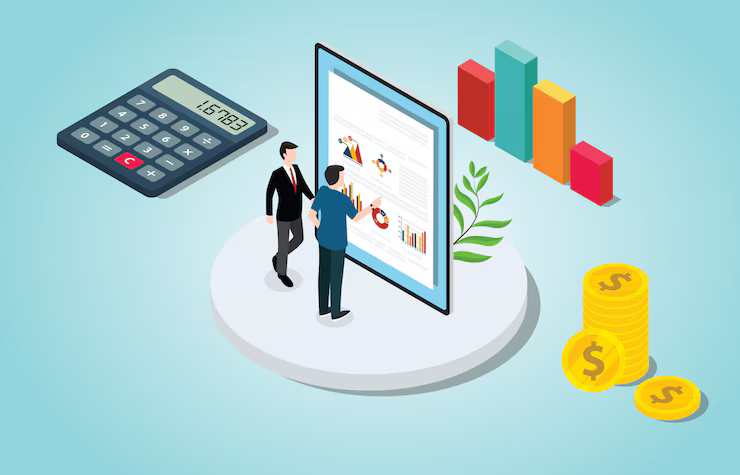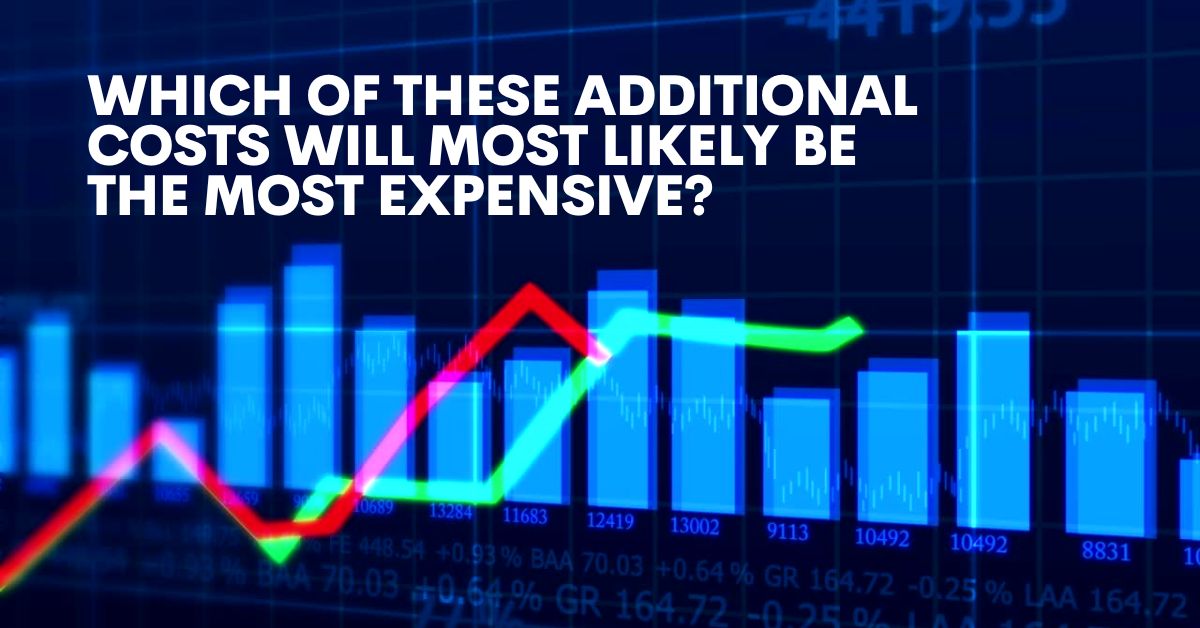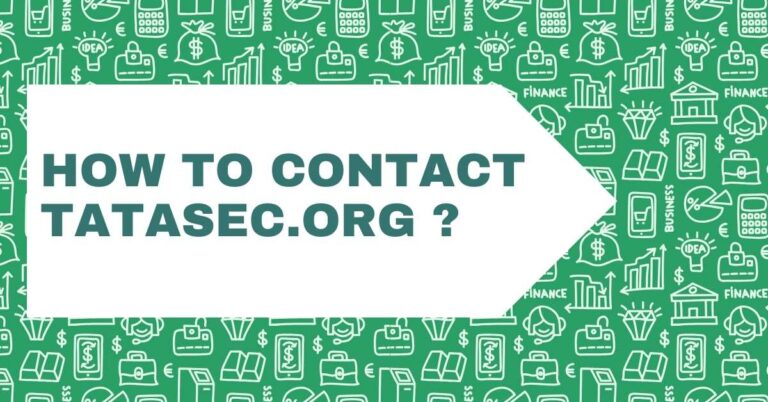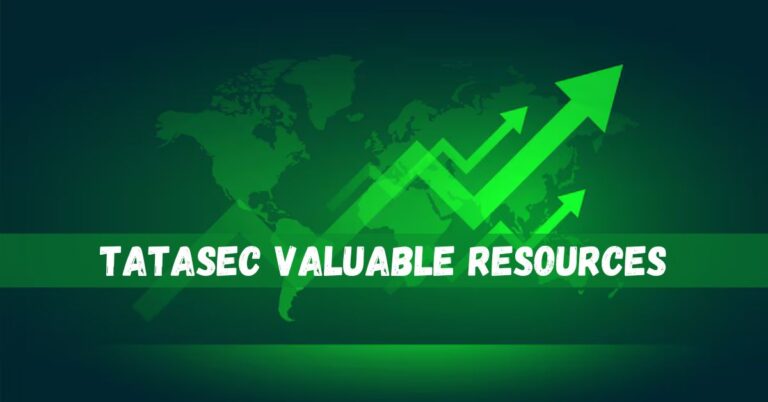which of these additional costs will most likely be the most expensive?
Dealing with money is never easy, but it becomes even more so when you have to factor in unexpected expenses. Budgeting for a new venture, a large purchase, or just managing life’s basic spending is never easy, but one thing is certain: unexpected charges always seem to creep up. You may ask, “which of these additional costs will most likely be the most expensive?” because some of them may be small at first, while others can pile up rapidly.
This inquiry goes beyond mere speculation. Businesses, families, and people are all worried about it. The response could change drastically depending on your specific circumstances. In this article, we will define additional charges, examine the elements that affect their monetary impact, and pinpoint situations when you are likely to encounter significant unforeseen debt.
What Are Additional Costs?
When expenses crop up beyond the initial budget or plans, they are called additional costs. When making a preliminary budget, these are generally not considered. So, when you’re planning to buy a house, you might think about the mortgage and taxes, but you might not give much thought to the upkeep, repairs, and insurance. You can be caught unawares by the rapid accumulation of these additional costs if you are not prepared.
It is crucial to consider all possible expenses while making a decision, as the question “which of these additional costs will most likely be the most expensive?” suggests. Predicting which expenses will be the most burdensome is the real issue. Some may not seem like much at first, but they build up over time, while some, like unexpected medical bills or legal expenditures, may be small but substantial.
Read Also : Exploring Tatasec Valuable Resources for Financial Growth and Stability
Key Factors That Contribute to Expensive Additional Costs
It’s important to think about the things that make various costs stand out in order to determine which of these additional costs will most likely be the most expensive. Let’s examine the factors that influence their financial impact:

The Profession or Life Situation at Hand
Various situations result in distinct sets of extra expenses. Consider the possibility of unforeseen relocation or living costs when relocating to a new city. Meanwhile, there are a lot of unanticipated expenditures associated with starting a firm, such as permits, marketing, and scalable infrastructure. The possible expenses, both expected and unexpected, may vary depending on the situation.
Underestimating the Scope of the Initial Expense
Additional, more substantial expenses could result from grossly underestimating your main costs. Home improvement costs can quickly spiral out of control if you don’t set aside enough money in your budget. The same is true with car purchases: buyers don’t always account for the supplementary costs, such as registration, insurance, and maintenance, which can end up costing them the most.
Frequency vs. Intensity
Some expenses build up gradually, while others strike suddenly. Expenses that patients are responsible for paying out of pocket could build up over time if their healthcare plan does not provide enough coverage. However, home repairs after an unforeseen calamity might hit your finances hard all at once. In the absence of preparation or protection, you may find yourself wondering, “Which of these supplementary expenses will probably be the most costly for me?”
Personal Priorities and Financial Resources
Everybody has different priorities when it comes to costs. What one person on a low budget may perceive as an insurmountable expense another with plenty of funds would find more reasonable. Your priorities and available funds will heavily influence your perception of which of these additional costs will most likely be the most expensive?
Read Also : The Significance of 164.68111.161 in Modern Applications
Real-Life Scenarios Where Expenses Get Out of Control
For the purpose of answering the question, “which of these additional costs will most likely be the most expensive?” we will examine typical life occurrences where expenses tend to build up rapidly. The need of meticulous financial planning is demonstrated by these instances.
Buying or Owning a Home
When planning one’s financial future, purchasing a home ranks high among the most important considerations. Monthly mortgage payments may appear to be the most significant expense initially. Homeownership has many obvious benefits, but there are also many hidden costs that can add up quickly. Extra costs can quickly pile up, due to factors such as rising property taxes and unanticipated repairs like roof leaks or HVAC system breakdowns. Another area where expenses can quickly escalate are renovation projects, particularly when unexpected problems like structural damage are found in the middle of the process.
Car Ownership and Maintenance
The asking price is just one component of a car’s total cost. Car ownership comes with its fair share of costs, including insurance premiums, registration fees, gas, routine maintenance, and emergency repairs. Some of the most likely to be costly expenses include dealing with major mechanical breakdowns like replacing a transmission. A lot of folks get up in a bind financially because they didn’t include these costs in at the outset.
Medical Costs and Emergencies
Emergency medical care is one of the most financially and emotionally taxing experiences anyone can have. You may still have to pay out of pocket for treatments that aren’t covered by your insurance, or for expensive prescription drugs that aren’t part of your network. When asked, “which of these additional costs will most likely be the most expensive?” many people’s responses center on healthcare bills.
Envision yourself in need of a trip to the emergency room or an unanticipated operation. Prolonged financial difficulties are frequently caused by the bills. These expenses might be extremely difficult to handle if you do not have proper health insurance or a savings cushion.
Starting a Business
There are a lot of hidden costs associated with becoming an entrepreneur, but there’s also a lot of potential for financial independence and autonomy. The expenses that need to be considered include permits, licenses, equipment, marketing, and employing staff, among others. On top of that, you never know what part of your company’s spending will be the most costly due to unanticipated obstacles like litigation or changing market expectations, which can lead to significant additional costs.
Planning Weddings and Other Major Celebrations
Big events, like weddings, have a bad reputation for costing more than expected. Overtime charges, vendor gratuity, and last-minute decor upgrades are examples of hidden fees that couples frequently overlook when planning their wedding. Venue and food prices are two examples. On top of that, there are photography or videography packages whose prices can rise suddenly. Couples often find themselves wondering, “Which of these extra expenses is going to be the biggest drain on our budget?”
Travel and Vacation Plans
Vacations are supposed to be a time to unwind, but if you don’t plan beforehand, you can end up stressed about money. Baggage fees, unforeseen changes to airfare, and currency conversion rates are common things that many people fail to account for. The costs of resort fees, excursions, and impulsive restaurant choices can soon pile up. In spite of meticulous planning, these unanticipated costs frequently wind up costing the most.
How to Prepare for Potentially Expensive Additional Costs
Financial planning can become more complicated due to the lack of clarity surrounding extra charges. You can prepare yourself to handle these kinds of circumstances better if you ask yourself, “Which of these additional costs will most likely be the most expensive?” before they happen. Here are a few ways to lessen the impact of potential dangers:

- Budget Thoroughly: When budgeting for large purchases, be sure to account for any potential hidden fees. Whether you’re planning a wedding or purchasing a car, this is applicable. If such expenses are not even considered, then any estimate is preferable.
- Maintain an Emergency Fund: A savings account can be a lifeline in the event of an unexpected expense or illness. The standard recommendation from financial experts is to have three to six months’ worth of spending saved up in case of unforeseen emergencies.
- Invest in Insurance: One of the best ways to be ready for unforeseen expenses is to have enough insurance coverage. The appropriate products, such as health, auto, and house insurance, can protect your funds from unexpected, major losses.
- Read the Fine Print: From contracts to warranties, additional costs often reside in the details people overlook. Being thorough can make a big difference in avoiding extra expenses.
The Bottom Line
It’s “which of these additional costs will most likely be the most expensive?” isn’t going to work for everyone. How you handle the current scenario, your individual circumstances, and your level of preparedness for unforeseen costs all play a role.
But one thing is certain: being well-prepared and knowledgeable is crucial to controlling these expenses. You can face any financial obstacle head-on if you prepare ahead of time by saving money, learning as much as you can, and fixing up your house or paying for medical costs or company expenses. You may solidify your financial position and lessen the likelihood of future surprises by anticipating and preparing for the expenses that are most likely to be the most expensive.
Read More : Exploring 5starsstocks.com Military Initiative and Its Impact







